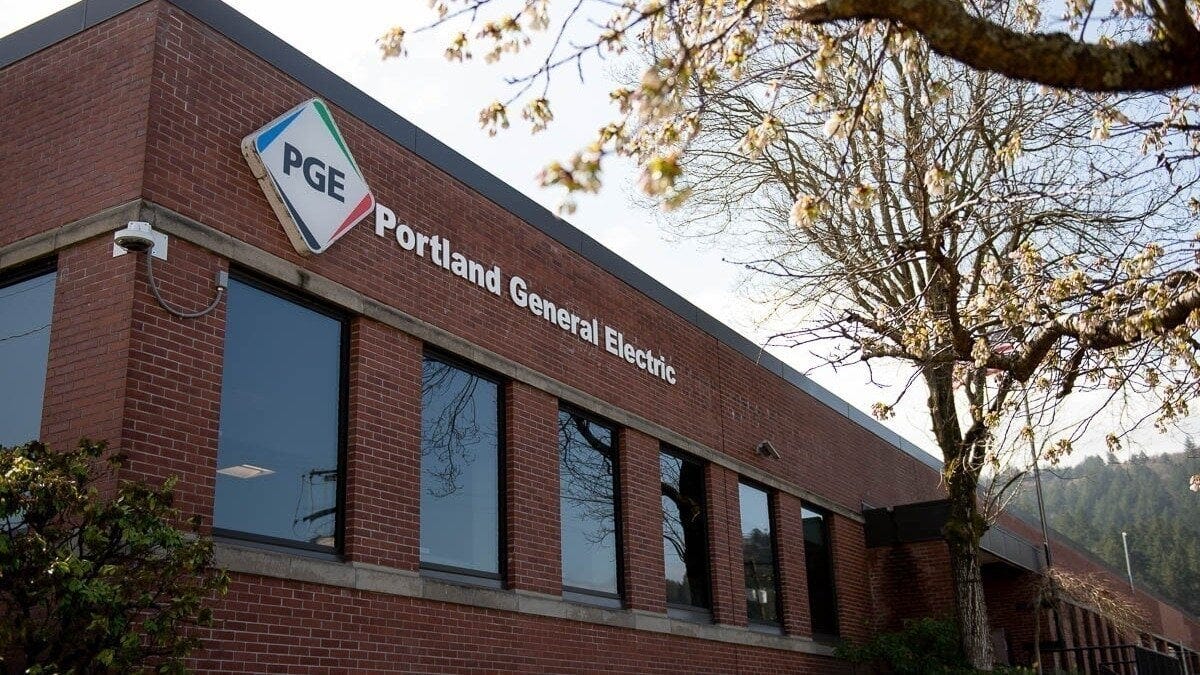05/15/2024: Default Judgment, Self-Determination Election
Quiet day at the Board.
Regional Ready Mix, LLC and Brand X, LLC, as alter egos, 373 NLRB No. 56, 25-CA-279907 (Published Board Decision)
The National Labor Relations Board (NLRB) ruled against Regional Ready Mix, LLC and Brand X, LLC, finding them guilty of multiple violations under the National Labor Relations Act (NLRA). The case was initiated by the International Union of Operating Engineers, Local 150, AFL-CIO, which filed charges of unfair labor practices.
Key Legal Findings:
Unfair Labor Practices: The Board found that the Respondents violated Sections 8(a)(1), (3), and (5) of the NLRA by threatening employees with discharge for union activities, placing manure near union picketing sites, unilaterally changing terms of employment, and failing to reinstate employees after a strike.
Alter Ego and Single Employer Doctrine: Regional Ready Mix and Brand X were found to be alter egos and a single employer, as they had substantially identical management, business purposes, operations, and ownership. This was determined to be an attempt to evade responsibilities under the Act.
Default Judgment: The Respondents' failure to answer the amended consolidated complaint led to a default judgment, resulting in the Board deeming all allegations in the complaint as admitted.
Remedies Ordered: The Board ordered the Respondents to reinstate employees, compensate for lost earnings, rescind unlawful employment changes, furnish requested information to the union, and cease and desist from further violations. Specific employees were named for reinstatement and compensation.
Significant cases cited:
St. Marys Med. Ctr., Inc. — Failure to file an answer to a complaint results in the allegations being deemed admitted.
3H Service System, Inc. — Withdrawal of an answer is treated as a failure to file an answer, leading to the allegations being considered proven.
Maislin Transport — Establishes the standard for treating the withdrawal of an answer as equivalent to failing to file an answer.
Portland General Electric, 19-RC-339256 (Regional Election Decision)
The National Labor Relations Board (NLRB) directed an election for approximately 30 employees at Portland General Electric (PGE) to determine if they wish to be represented by the International Brotherhood of Electrical Workers, Local 125, as part of the existing BU-1 unit. The decision was based on an Armour-Globe self-determination election petition filed by the union. The petitioned-for employees included distribution system operators (DSOs), transmission system operators (TSOs), and balancing authority operators (BAOs).
Key Findings:
Distinct and Identifiable Group: The Board found that the petitioned-for employees are a distinct and identifiable segment of the workforce. They all work at the Integrated Operations Center (IOC) in Tualatin, Oregon, within the Employer’s grid operations department, and perform similar functions using computer systems and phones to support PGE’s electrical system.
Community of Interest: The Board applied the community of interest standard, considering factors such as common management and supervision, similarity of job functions, skills, and training, similarity of wages, hours, and working conditions, functional integration, and contact and interchange among employees.
Common Management and Supervision: While the petitioned-for employees and the existing BU-1 unit do not share immediate supervisors, they are part of the same overall management structure, reporting up to the same senior management. This factor weighed slightly against a community of interest but not strongly.
Job Functions, Skills, and Training: The petitioned-for employees have distinct job functions and training compared to most BU-1 unit employees, who perform physical fieldwork. However, there is overlap in skills, as evidenced by former unit employees now working as TSOs and DSOs. This factor weighed against a community of interest.
Functional Integration: The petitioned-for employees and BU-1 unit employees are functionally integrated, working on different levels of the electrical system and regularly coordinating with each other. This factor weighed heavily in favor of a community of interest.
Contact and Interchange: The petitioned-for employees have daily contact with BU-1 unit employees through phone communication, which is integral to their work. There is also permanent interchange, as many TSOs and DSOs are former unit employees. This factor weighed in favor of a community of interest.
Wages and Working Conditions: There are similarities in wages and working conditions, with both groups working rotating shifts and receiving double-time pay for extra shifts. Differences in benefits were attributed to collective bargaining, which the Board discounts in this context. This factor weighed in favor of a community of interest.
Significant cases cited:
Armour & Co., and Globe Machine & Stamping Co. —An incumbent union may petition to add unrepresented employees to its existing unit through a self-determination election if the employees share a community of interest and constitute a distinct, identifiable segment.
Warner-Lambert Co. — Clarified the criteria for determining if employees sought to be included share a community of interest with unit employees.
United Operations, Inc. — Outlined the factors for evaluating community of interest, including common management, job functions, skills and training, wages, hours, working conditions, functional integration, and contact and interchange.
Starbucks Corporation, 12-CA-307896 (Unpublished Board Decision)
Starbucks motioned for an in-person hearing. The administrative law judge (ALJ) denied this motion and ordered a videoconference hearing. Starbucks requested special permission to appeal this denial. The Board granted that request and has stayed the videoconference hearing until it can hear the appeal.
In general, if one of the parties wants the hearing to be in-person, the Board will require that it be in person. So the likely outcome of this will be an order that hearing be in person.
IAMAW District Lodge No. 160 (SSA Terminals, LLC), 19-CD-303801 (Unpublished Board Decision)
In late March, the Board issued a decision settling a jurisdictional dispute between the Machinists union and ILWU about which of the two unions should be given some cold ironing work at Terminal 5 at the Port of Seattle. The Board decided in ILWU’s favor. The Machinists motioned for reconsideration. In this decision, the Board denied that motion.

